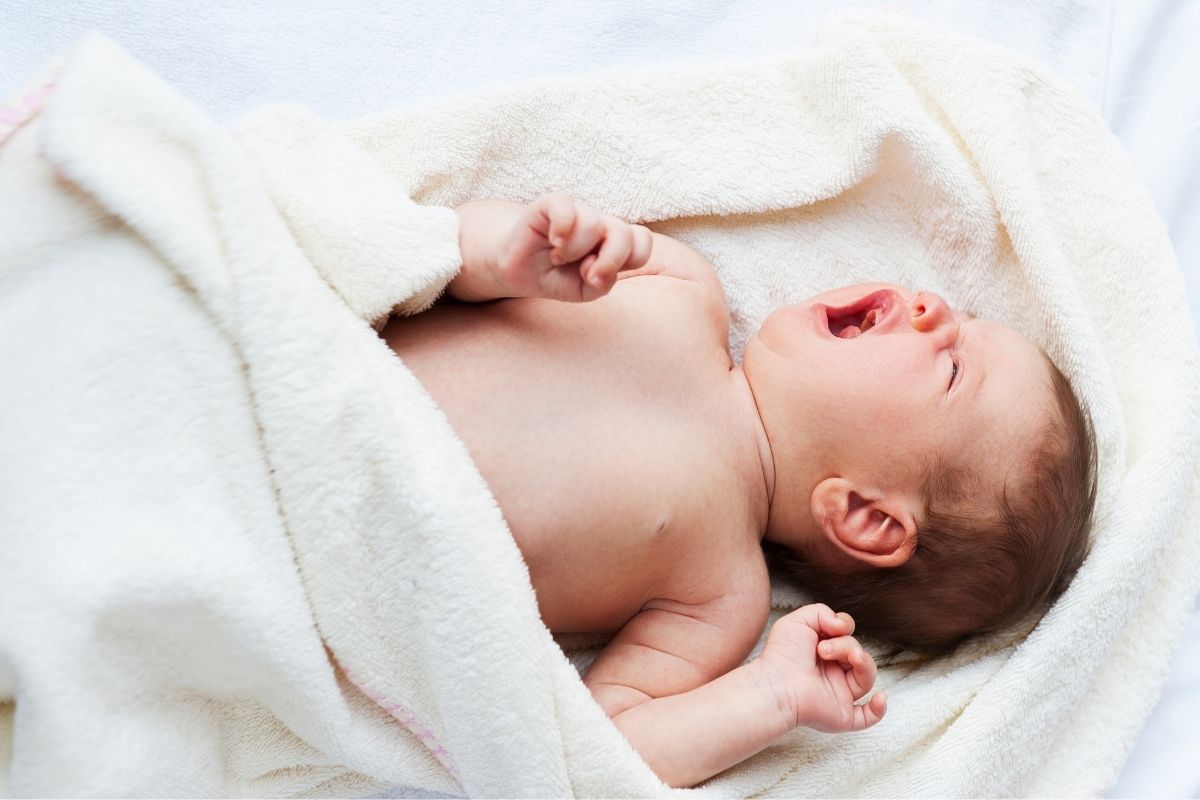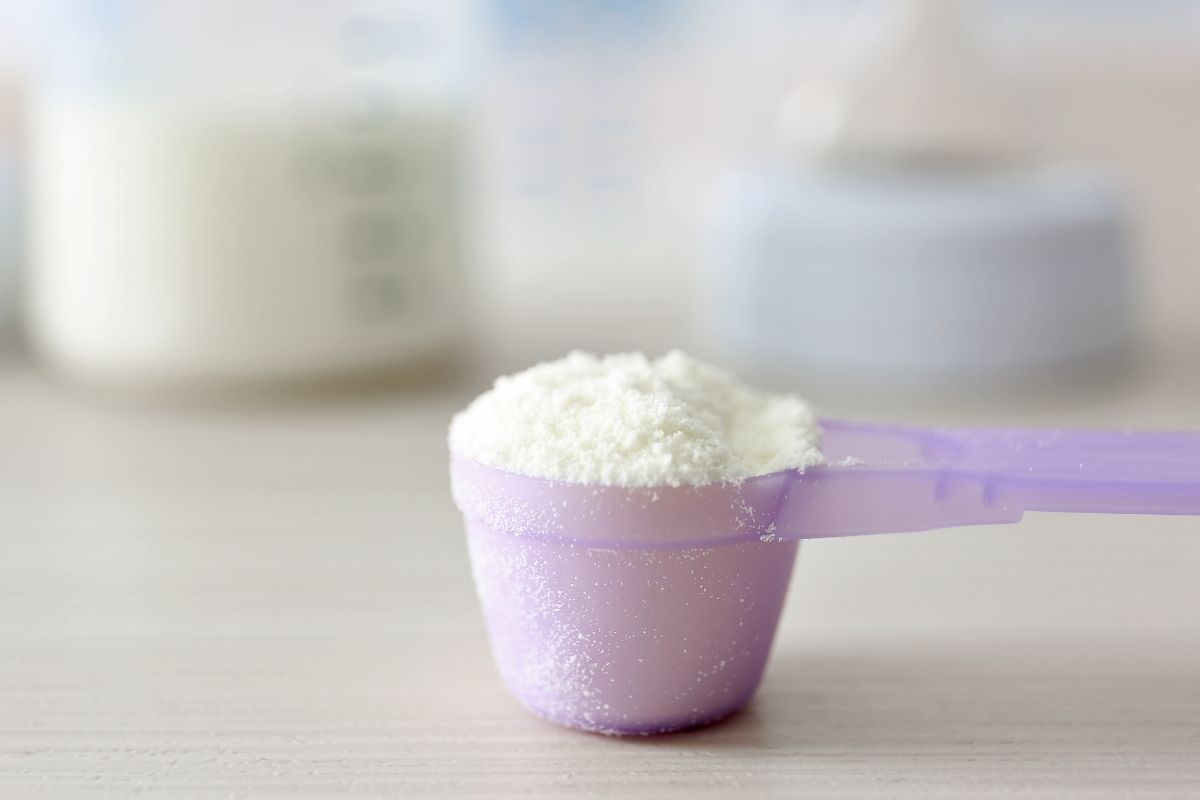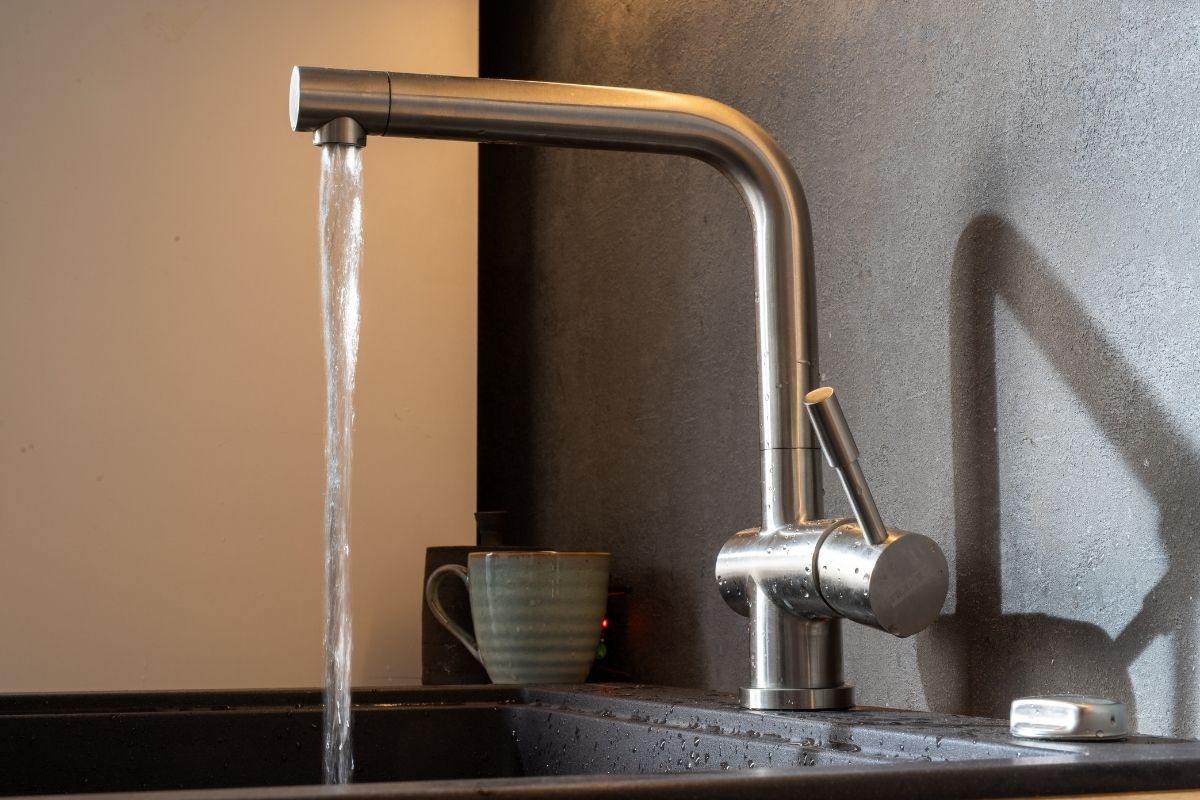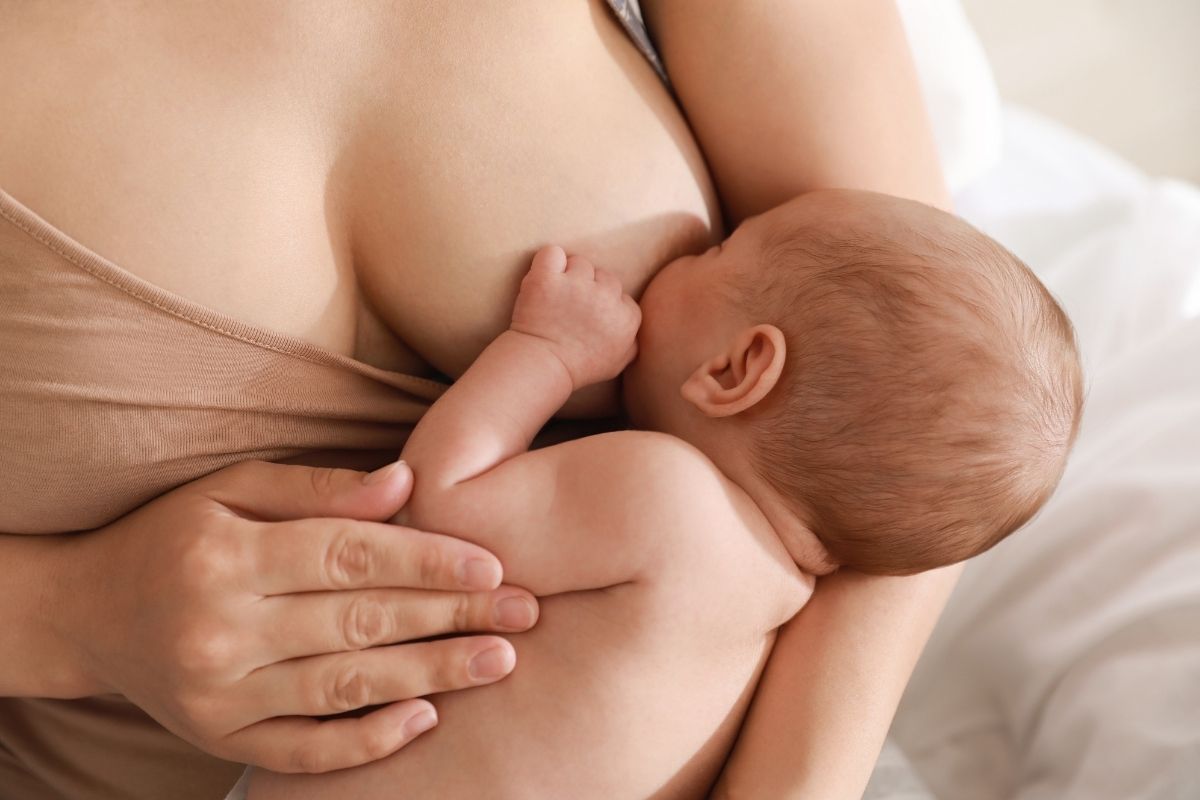
Babies can’t talk, but they have plenty of other ways of communicating with us. For one thing, baby poop can tell you a lot! Transformations in your little one’s bowel movements can give you many clues about the changes happening inside their bodies.
One of the biggest differences in baby poop comes after they start eating solid food. Once babies start solids, it’s important to look for signs that their health is on track. Abnormal poops can signal that something might be wrong. When it comes to baby poop, it pays to pay attention to the details!
In this blog, we’ll explore the fascinating world of baby poop after starting solids. We’ll cover everything from meconium to transitional poop and what each type indicates about your baby’s health. We’ll also dive into the reasons for changes in poop consistency, color, smell, and frequency, and offer some helpful tips for dealing with any surprises. Get ready to learn about one of the most important (and often messy) parts of baby care!
Table of content
Why Talk About Poop After Starting Solids?
As a parent, it may weird you out that your baby’s bowel movements are always on your radar. Let’s face it. Poop is gross. However, it’s important to talk about your baby’s poop after starting solids (and before) because it can provide valuable insights into their health as their digestive system adjusts to new foods.
Changes in poop during the weaning period are common, and monitoring changes can help identify potential issues. Knowing what to expect can help parents feel confident and prepared. Don’t hesitate to bring up changes in your baby’s bowel movements with your healthcare provider!
How Baby Poo Changes After Starting Solids
Once you begin incorporating solid foods into your little one’s diet, you will notice a change in their poop. The food will cause your baby’s poop to have a thicker consistency, and seeing some chunks of food in their stool is normal.
Certain foods (specifically, high-fiber foods such as peas and carrots) are only partially digestible. Some foods pass so quickly through the digestive tract that not all of them get broken down before the stool gets expelled. When this happens, some chunks of food will end up in your baby’s poo.
You’ll likely see pieces of partially digested food occasionally in your baby’s poop if your baby’s diet consists mainly of one type of food. If your baby does not chew enough before swallowing, pieces of food might also be visible in their poop. This is because sufficient chewing is necessary for the food to be fully digested.
Meconium – Newborn Poop
A newborn’s first poop is called meconium. It happens within 24 to 48 hours of birth. Newborn poop is dark greenish-black in colour with a sticky and tar-like consistency. It doesn’t have much odour, but it can smell subtly of licorice.
Meconium is the buildup of waste your newborn accumulated in utero. Meconium passes a day or two after birth. The faster your baby passes meconium, the sooner your baby will get rid of jaundice (the yellowing of the skin caused by the buildup of bilirubin in the blood).
Colostrum, the first milk produced by your breasts, functions as a natural laxative and helps your baby quickly pass meconium. It’s helpful to note that the sticky consistency of meconium makes it tricky to wash off your baby. Pro tip: smearing petroleum jelly or mineral oil on your baby’s bum can help remove the meconium!
Bright Green Baby Poop
After your baby passes all of the meconium, you’ll notice bright green poop. It often happens when babies get too much or too little breast milk. Sometimes breastfeeding moms mistake this bright green poop for diarrhea.
However, an exclusively breastfed baby rarely gets diarrhea because breast milk has built-in antibacterial properties. A mother’s breast milk is genetically matched to her baby, making it unlikely that her baby’s digestive system will reject it (pretty cool, huh?).
Also, breast milk coats babies’ intestines, which protects them from allergens. Parents with formula-fed babies should note that frequent (meaning five or more) loose green poops might be due to diarrhea or gastric infection.
Transitional Poop
Anytime from day one through day five, poop will be army green in color and less sticky (that means fewer messy diaper changes for you, hurrah!). Transition poop is caused by the intestines clearing out the rest of the meconium and the bilirubin. Army green poop is a sign that your baby is starting to digest breast milk or formula more easily!
Breastfed Baby Poop
Around days 3 to 5, a breastfed baby’s poo will normally be bright yellow and runny. The poop of exclusively breastfed babies doesn’t smell and sometimes has little curds in it.
A breastfed baby typically poops about 8 to 12 types per day, with each poop being about the size of a loonie. This is due to the gastrocolic reflex. This reflex causes the stomach to stretch with food, which in turn automatically signals the colon to empty and make room for more food. In babies, the gastrocolic reflex is still immature. So, each time they eat they usually pass a teeny bit of poop.
Babies should have at least three loonie-sized poops in a day in the first six weeks. After six weeks, babies don’t poop more than once daily or even once weekly. If your baby is less than six weeks old and is pooping only once daily or even once weekly, check with your pediatrician.
Formula Fed Baby Poop
After the meconium passes (around day 2) and beyond, formula-fed poop is light brown/greenish and has a consistency similar to peanut butter. Unfortunately, it also has a rather pungent smell. Formula-fed baby poop is thick and has a green tint.
In the first few weeks, formula-fed babies may poop frequently due to the immaturity of the gastrocolic reflex. After the first one or two months, you can expect your baby to poop only every one or two days.
Warning Signs to Watch For
Constipation is common after starting solids. When your baby is constipated, their poop will be brown, dry, and hard. The poop is either small and pellet-like, or large and knobby. When your baby is constipated, the most important thing is to keep them hydrated. If your baby is constipated, along with other symptoms, such as belly pain or blood in the stool, consult your pediatrician.
Treating Constipation in Babies Younger Than 6 Months
- If your baby is formula fed, check the formula’s preparation instructions to make sure you are following them correctly.
- Don’t offer water, juice, sugar water, or supplements to babies under six months old. Formula or breast milk should meet your baby’s hydration needs.
Treating Constipation in Babies Older Than 6 Months
- Offer formula or breast milk to your baby before offering them solid foods. When feeding solids, stick with high-fiber fruits, veggies, and whole grains.
Constipated Baby? Here’s When to Consult Your Healthcare Provider:
- If your baby has gone several days without pooping.
- If your baby’s stool has blood or mucus in it.
Diarrhea is a runny and watery stool that can range from yellow to green or brown. When babies have three or more loose bowel movements, it could be diarrhea. However, this isn’t a hard-and-fast rule. Depending on your baby’s stage of life and diet (i.e. breast milk, formula, solid foods), your baby’s loose stools may be normal. If you’re concerned that your baby has diarrhea reach out to your baby’s doctor.
When your baby has diarrhea, pay attention to signs of illness, such as fever or lethargy. Babies are susceptible to dehydration due to diarrhea because their small bodies lose fluids quickly. If your baby has diarrhea, offer the breast or bottle more often to replace fluid losses. But remember, don’t switch formulas or give fruit juice to your baby.
If Your Baby Has Diarrhea:
- When changing diapers, use a soft washcloth and warm water instead of wipes. Pat dry your baby’s bum instead of wiping.
- Change their diaper often.
- Allow your baby time to go without a diaper to air out their skin.
- Use a diaper ointment, petroleum jelly, or zinc oxide to treat the diaper rash.
Baby Has Diarrhea? Here’s When to Consult Your Healthcare Provider:
- Your baby has mucus in three or more poops (for babies one month or younger)
- Your baby has blood in their poop
- Your baby has a fever in addition to diarrhea.
- Your baby has signs of dehydration (i.e. a sunken fontanel, few wet diapers, no tears when crying, dry mouth, sunken eyes, or seems tired).
- Your baby is three months old or younger, has more than two or three diarrhea-filled diapers in one day, or continues having diarrhea for more than one or two days.
- Your baby is experiencing abdominal pain, blood in the poop, diarrhea, and vomiting, with or without fever.
- Your baby continues to have bloody stools or poops with blood mixed with mucus (i.e. “currant jelly” poop).
Abnormal Poop Colour
If you’re baby exhibits stool of any of the following colors, it’s best to seek the attention of your pediatrician:
Red poop can be a sign of allergy or infection. Normal-coloured poop with a lot of mucus can also be a sign of allergy or infection.
Black poop (not to be confused with meconium, which is normal) may be a sign of bleeding in the upper intestinal tract.
White poop or clay-coloured poop may signal liver or gallbladder problems.
A Stinky Situation: What the Smell of Your Baby’s Poop Means
- Vinegar: Malabsorption of food and nutrients or lactose intolerance can cause baby poop to smell like vinegar. Teething or indigestion can also cause a sour-smelling poop.
- Rotten eggs: This smell is from poop sitting in your baby’s large intestine for longer than normal. Babies with rotavirus also have poops that smell like rotten eggs.
- Fish: Infection could be the cause of fishy-smelling poop.
- Ammonia: Baby poop that smells like ammonia is most likely caused by a diaper drenched with urine and full of poop.
- Metal: A dehydrated baby may have poop that smells like metal. Dehydrated babies are usually tired or drowsy, with limp limbs. They may have sunken eyeballs and fontanels, and poor skin turgor. If you suspect your baby is dehydrated, take your baby to get emergency treatment.
Helpful Tips to Get Baby’s Poop Back on Track After Starting Solids
Introduce solid foods to your baby gradually. Starting at around six months, your baby’s first foods can include soft-cooked vegetables, and soft fresh fruits are great options, too! When your baby starts complementary feeding, introduce one food at a time to assess tolerance and potential allergy.
Make sure your baby stays hydrated with the appropriate liquid. Keep giving your baby breast milk or formula. You can also offer a few sips of water if your baby is older than six months. Don’t give cows’ milk to your baby until they’re one year old.
Conclusion
Let’s face it, changing diapers is not exactly a glamorous job, especially when your little one starts eating solid foods. Dealing with the aftermath of that can be pretty yucky. But here’s the thing, paying attention to your baby’s bowel movements can give you important clues about their health.
Yes, it might take a few extra seconds to inspect and take notes on your baby’s stool, but it’s worth it. By monitoring their poop, you can catch potential issues early. Don’t be afraid to speak up about any concerning changes in your baby’s bowel movements, your pediatrician is there to help and it could make all the difference!
Frequently asked questions
Related articles

- /
Changes in Your Baby’s Poop After Starting Solids
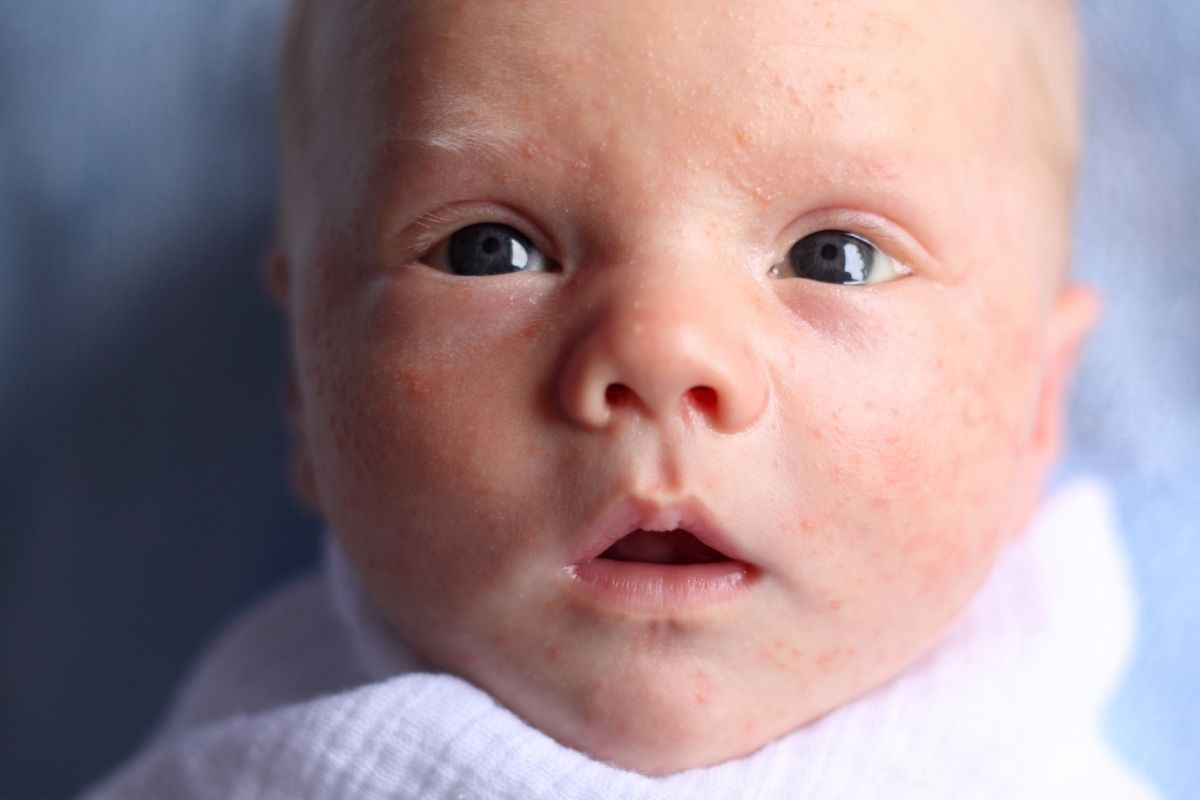
- /
Baby Acne: Breast Milk as a Potential Cure
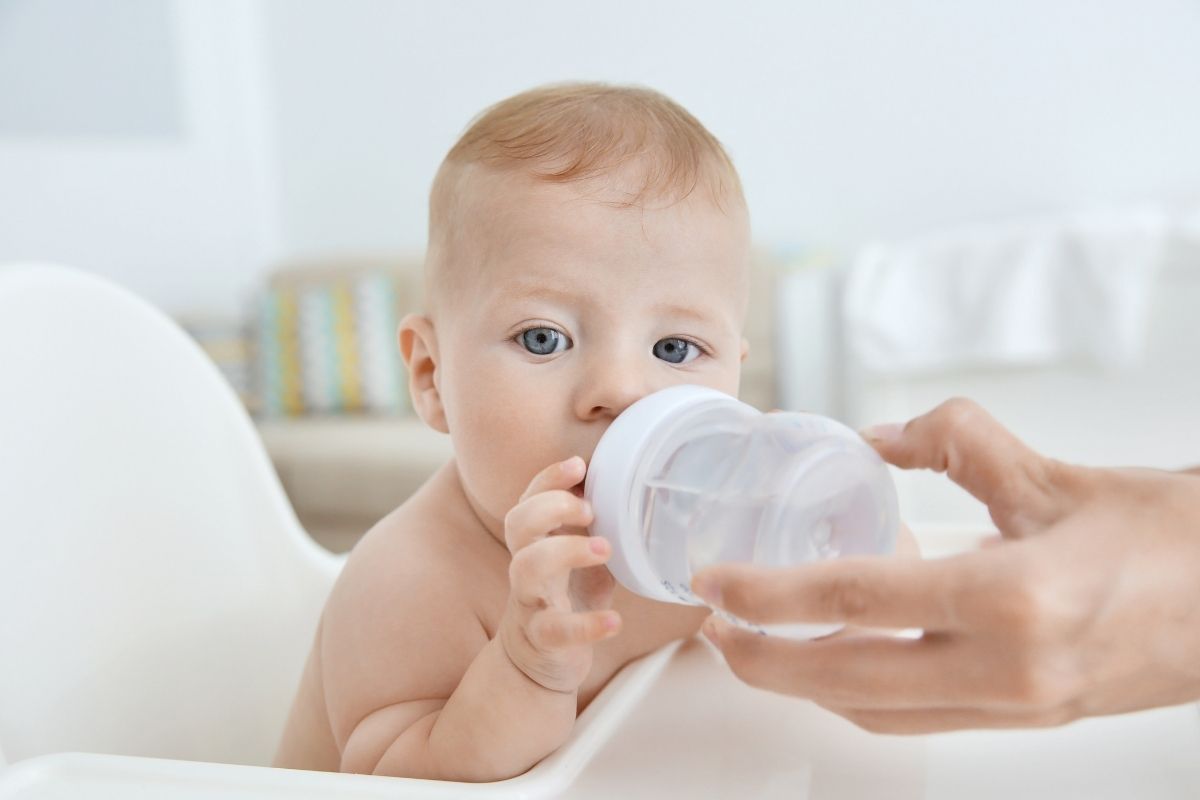
- /

